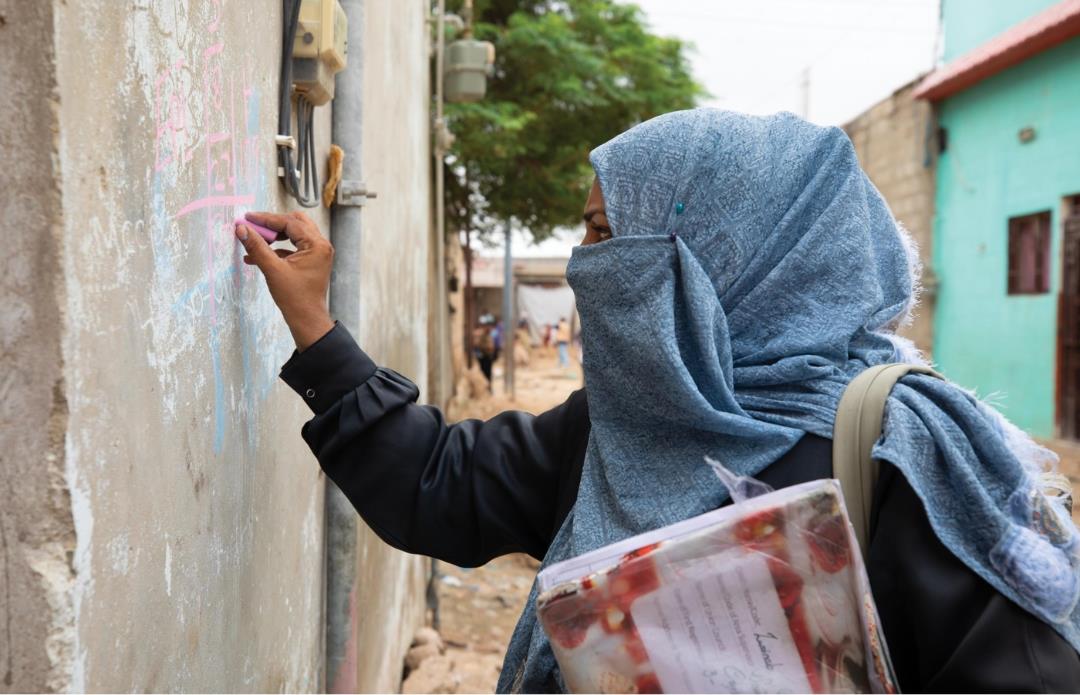Pakistan’s female vaccinators are doing more than helping end a disease
Photography by Khaula Jamil and Sana Ullah
Women make up two-thirds of Pakistan’s polio workforce. It’s a startling statistic for a nation that ranks 145th out of 146 countries for gender parity in economic participation and opportunity, according to a World Economic Forum gender inequality index.
The role of female vaccinators is born of necessity. Because of cultural norms, men are not allowed into many people’s homes in Pakistan. Women who provide the health care are the key link. They can build mom-to-mom relationships and provide trusted advice on not only polio but other health issues.
“Women working with women on the front line is going to be what gets us across the finish line,” says Rotary President Jennifer Jones, who met last year with polio workers in Pakistan. The country and Afghanistan are the only two where wild poliovirus is still transmitted persistently.
The female vaccinators’ work is neither safe nor easy. The women in Pakistan are sworn at, shoved, beaten, and some even killed. They’re fighting misinformation. But their work is crucial — and not just for the cause of polio eradication.
“They are supporting their education, they’re supporting their household, they’re supporting their men and giving a change in Pakistan,” says Sadia Shakeel, coordinator for a Rotary-supported polio resource center in Karachi. “This is bigger than polio.”
